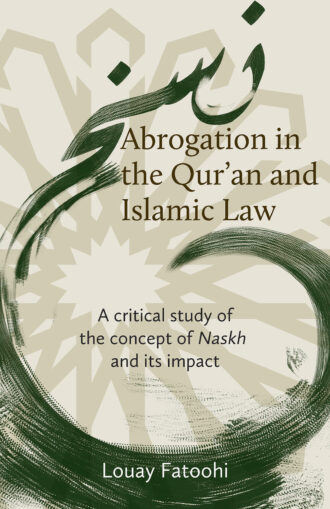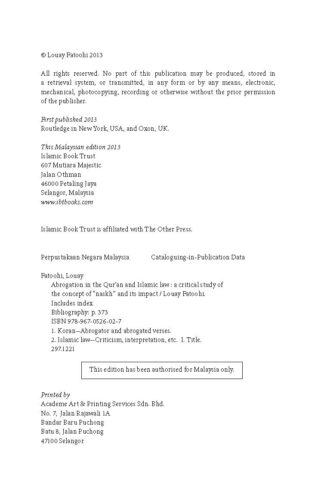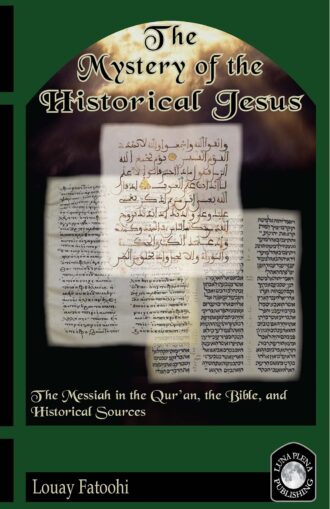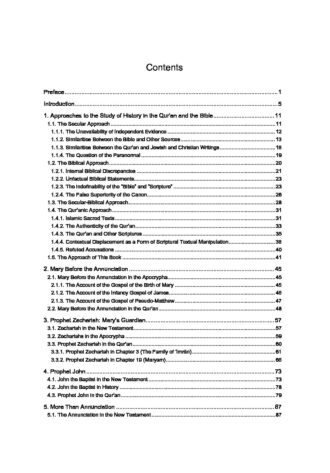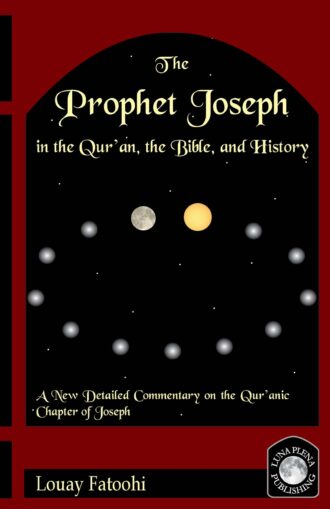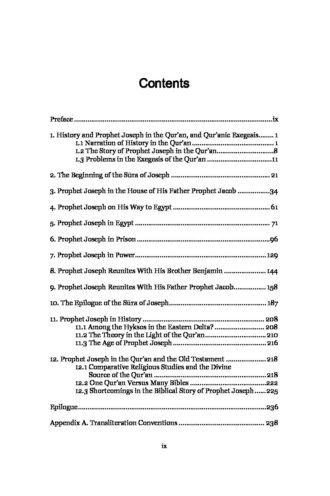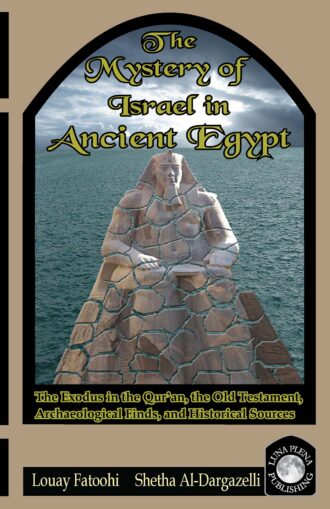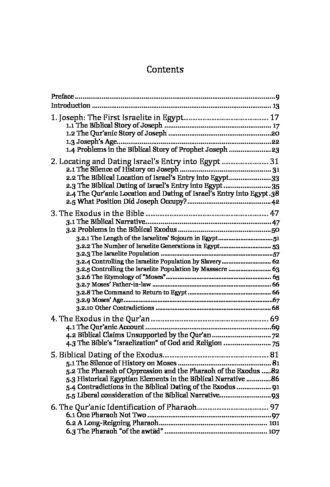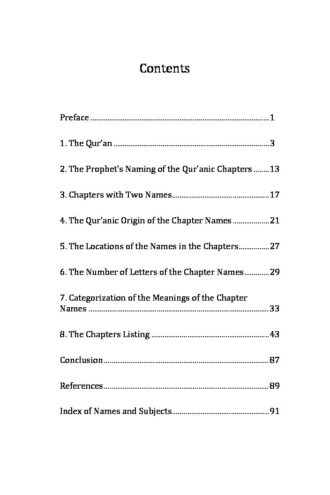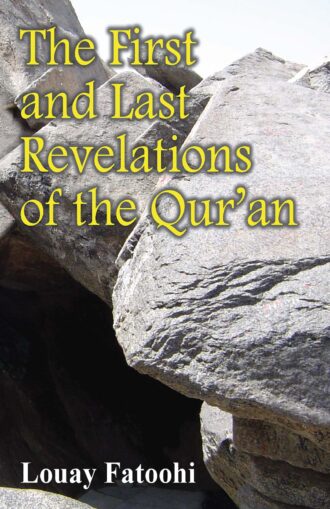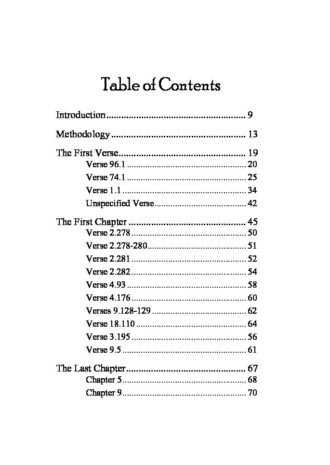
Safis Publishing is our main imprint. It is concerned with non-fiction, thought-provoking books on Islam.

Vision
Our vision is to advance an accurate, progressive, and multi-faceted understanding of Islam, including its literature, thought, practice, history, and role in the world.

Mission
Our mission is to provide trusted, high-quality books on various aspects of Islam for the expert and general reader.

Islamic Rethink
Our Islamic Rethink framework promotes an evolving, progressive understanding of Islam and guides our publishing strategy. Read more ![]()
In addition to proactively commissioning authors to write for us on topics we are interested in, we welcome the submission of book manuscripts that are aligned with our vision and mission. We are also interested in translations of classical texts that remain relevant today. You can review the subjects we are interested in here.
Please review our submission and assessment process here.
Abrogation in the Qur’an and Islamic Law
This book traces the development of the concept of abrogation from its most basic form to the complex and multi-faceted doctrine it has become. It also critiques the role of abrogation in rationalizing the view that not all of the Qur’anic revelation has survived and its application in Islamic law.
The Mystery of the Historical Jesus
This new contribution to the scholarship on the historical Jesus shows that, unlike the New Testament accounts, the Qur’anic image of Jesus is both internally consistent and reconcilable with confirmed history.
The Prophet Joseph in the Qur’an, the Bible, and History
This in-depth study offers new insights into the chapter of Joseph in the Qur’an. This new analysis of the Qur’anic narrative is informative, enlightening, and thought-provoking.
The Mystery of Israel in Ancient Egypt
A comparative study of the exodus in the Qur’an and the Old Testament with reference to relevant information from history and archaeology. The book contrasts the problematic Biblical narrative with the consistent Qur’anic account.
The Names of the Qur’anic Chapters
This book focuses on studying the names of the chapters of the Qur’an. It explains where each chapter name has come from and tries to identify naming patterns.

